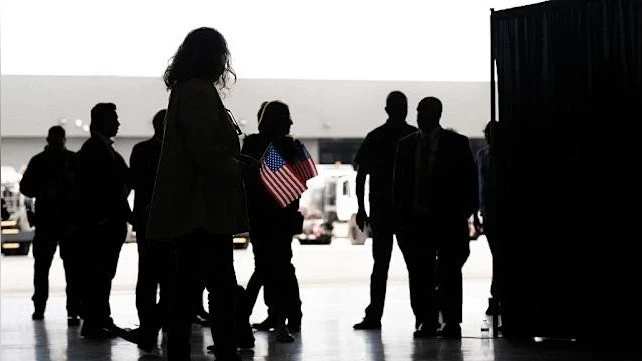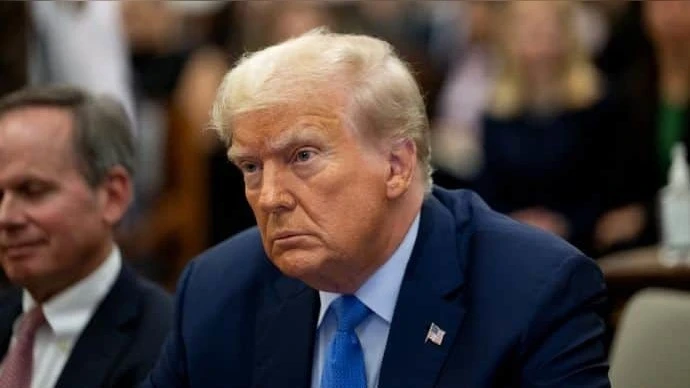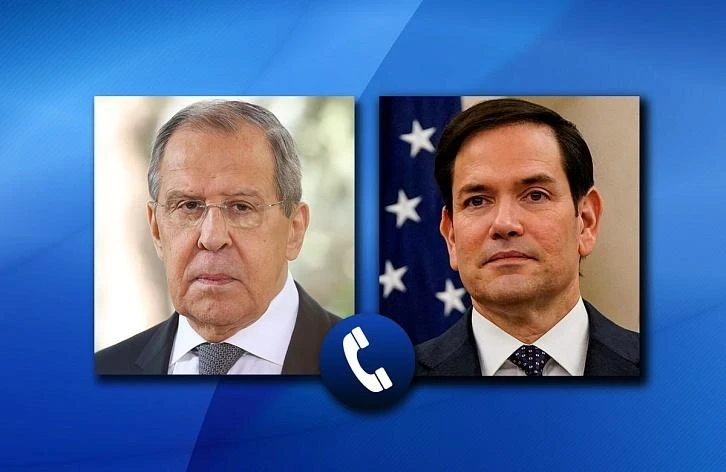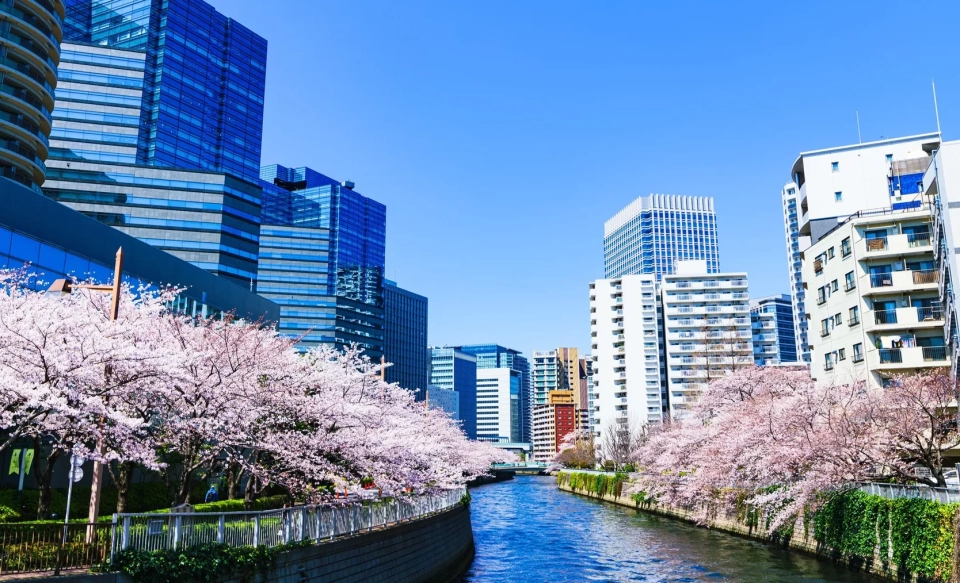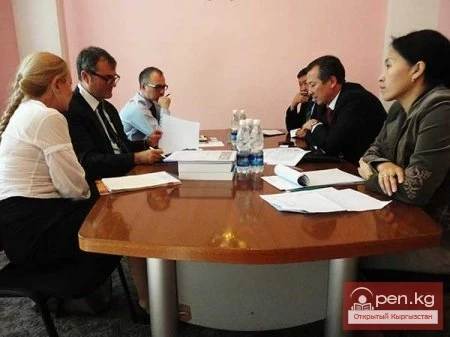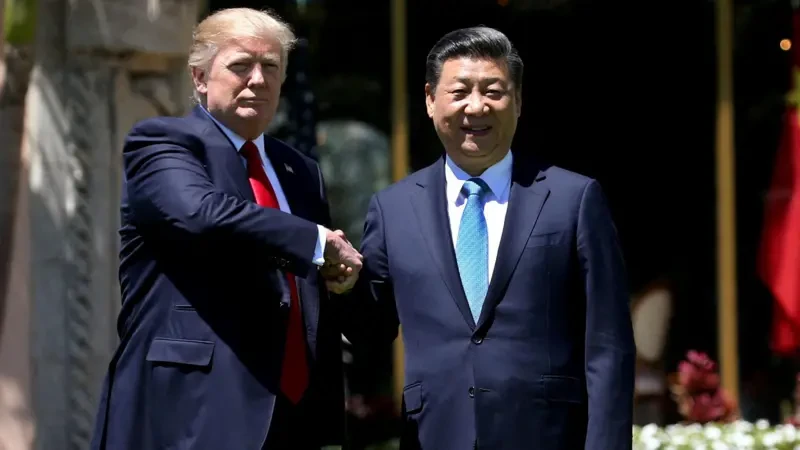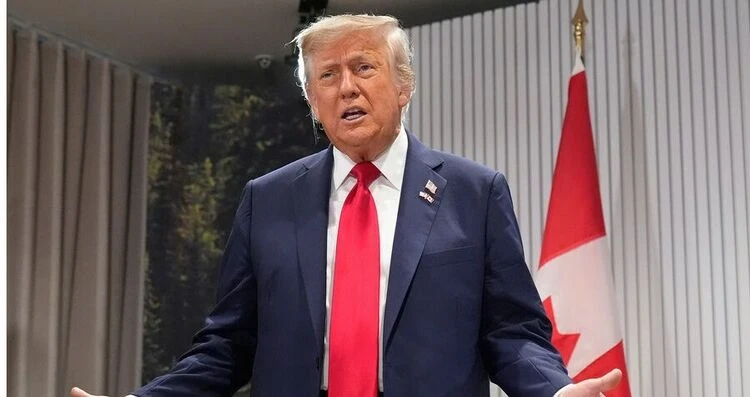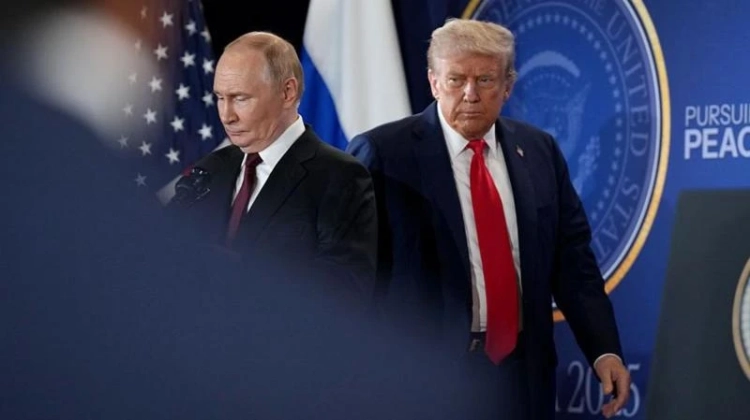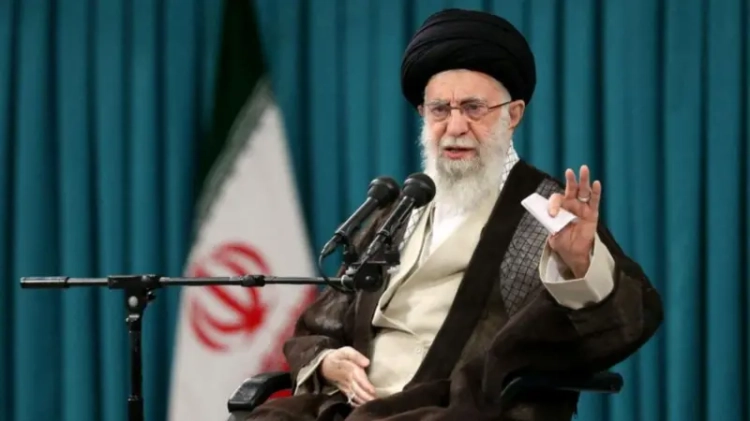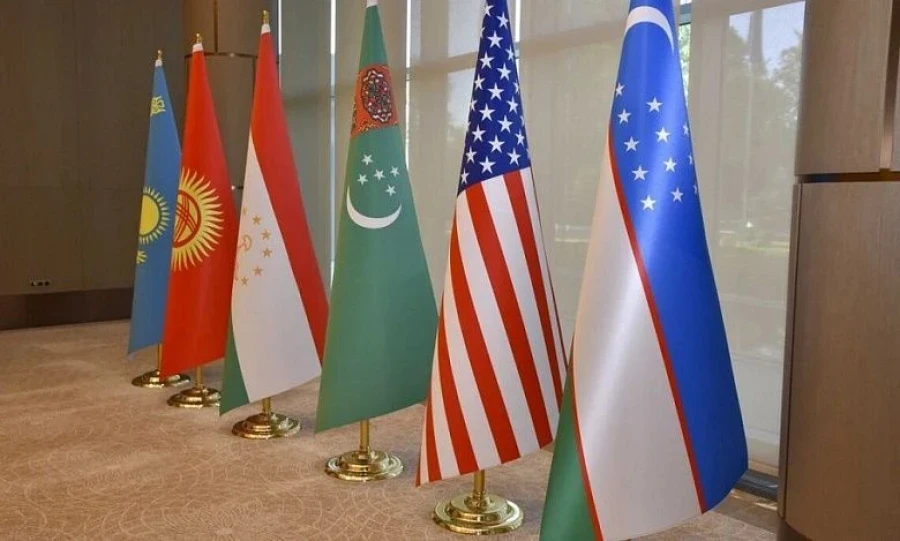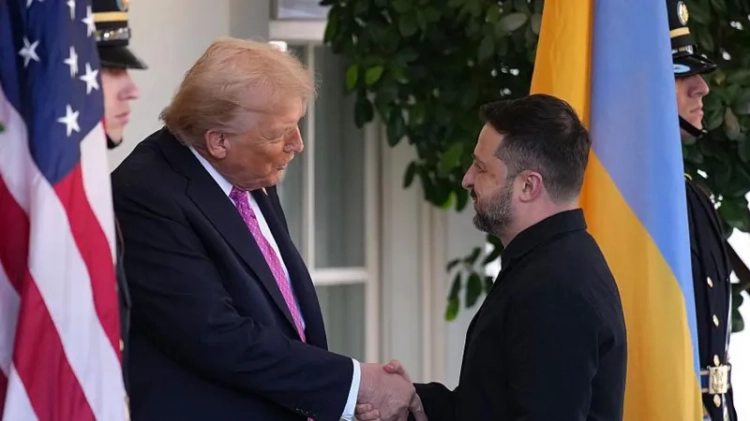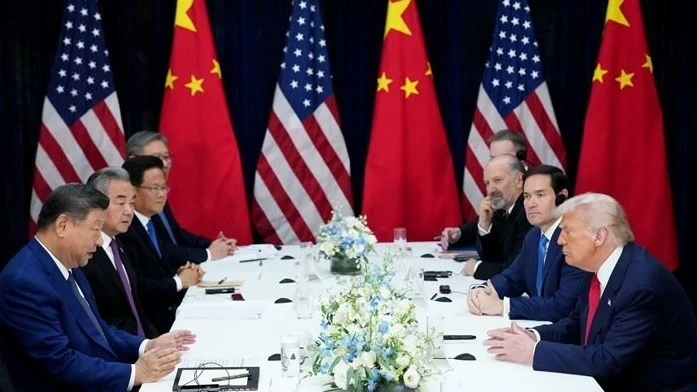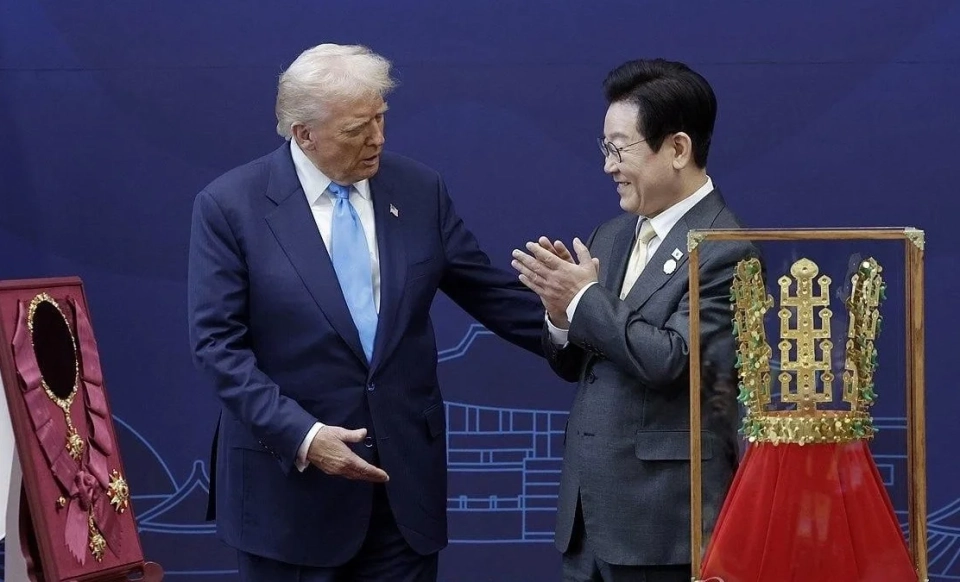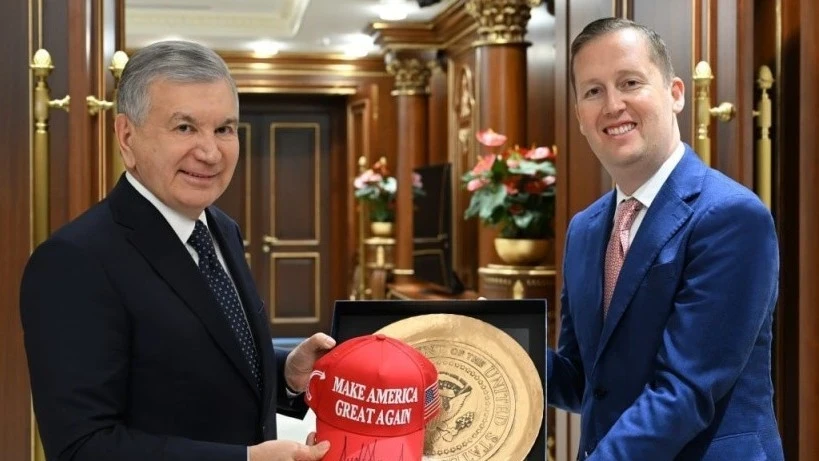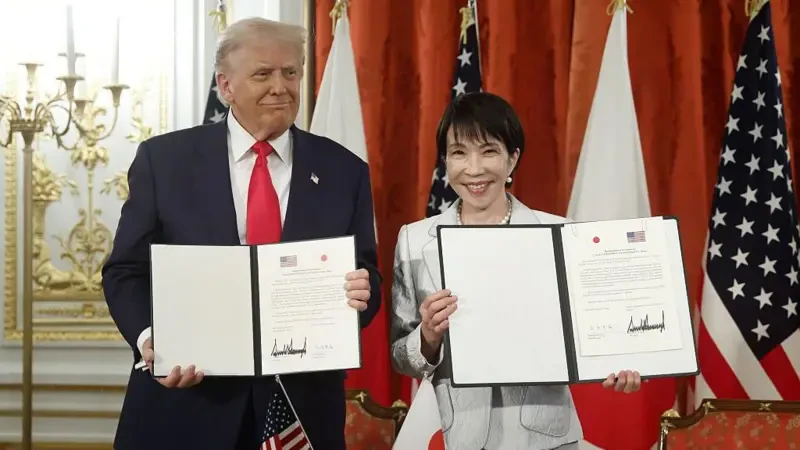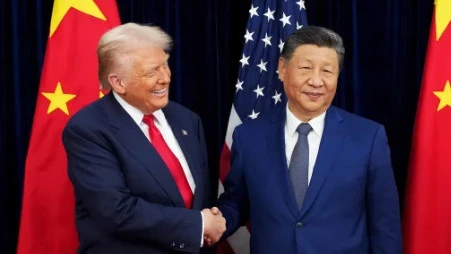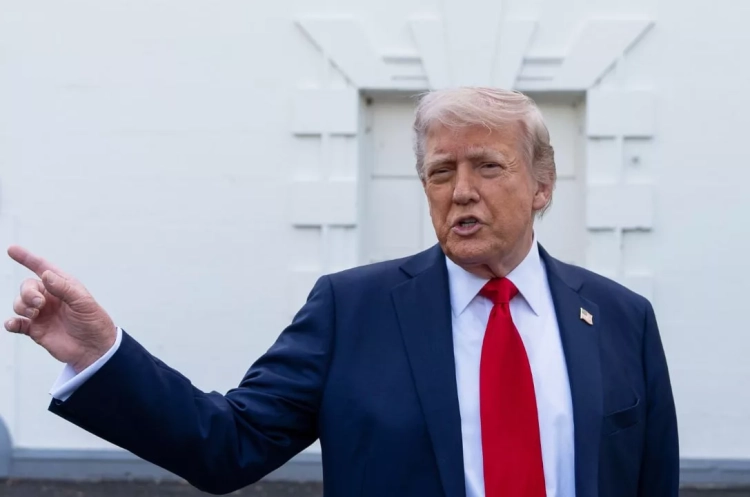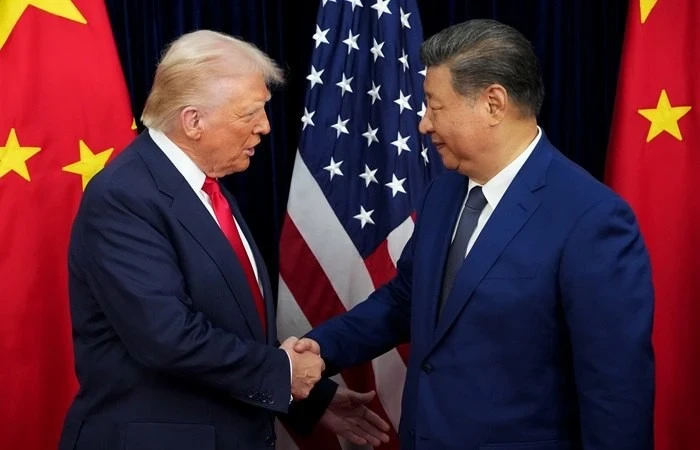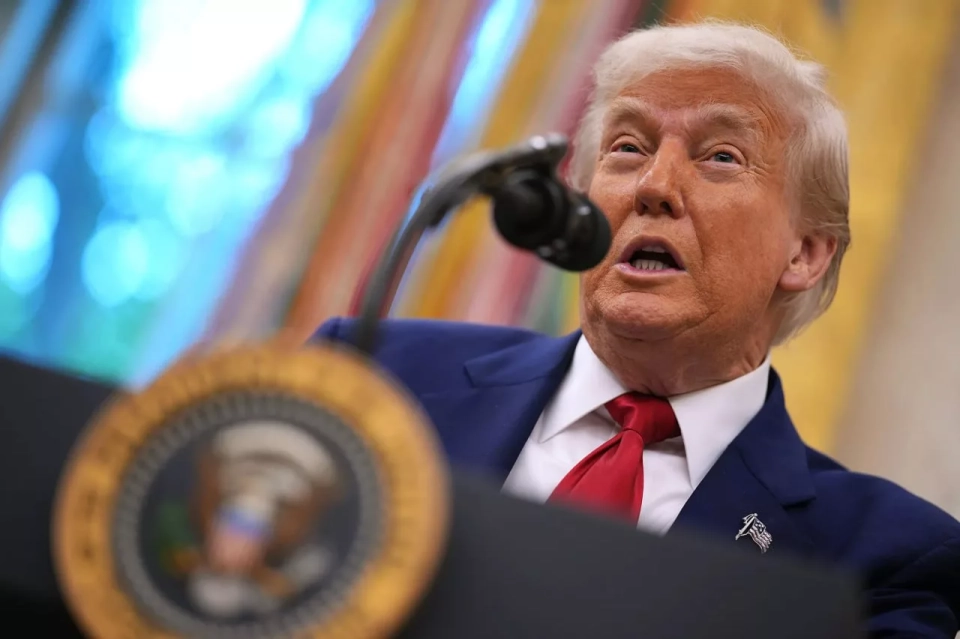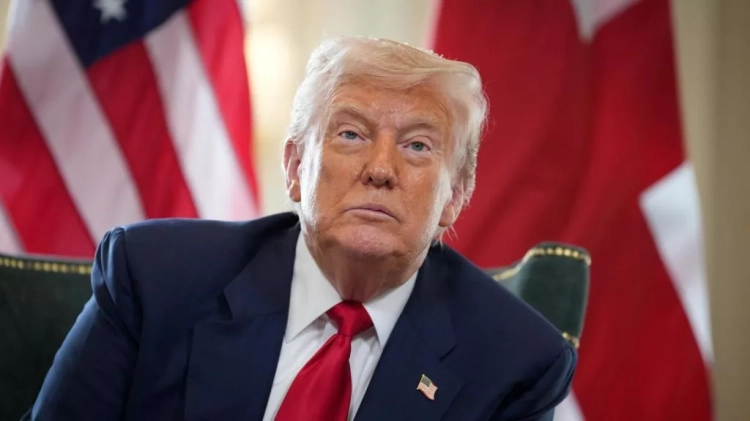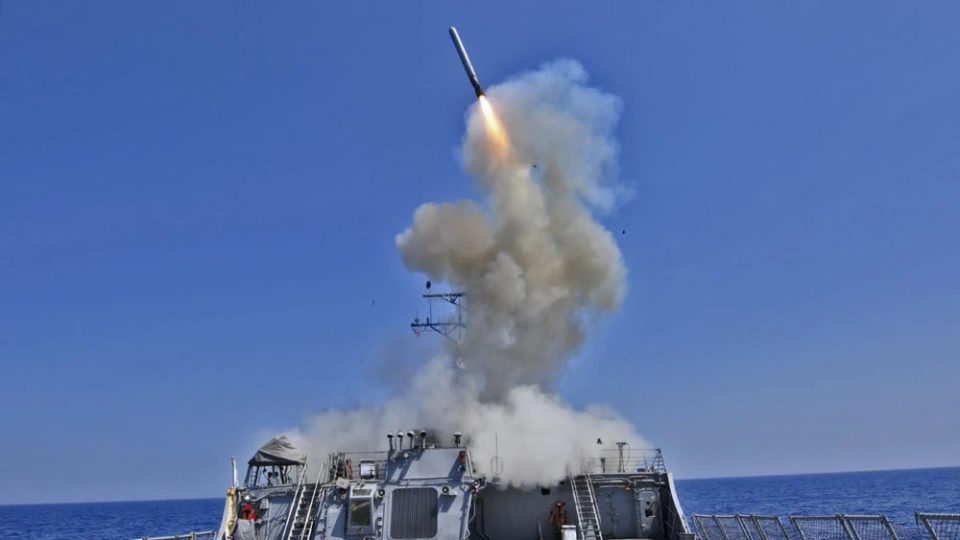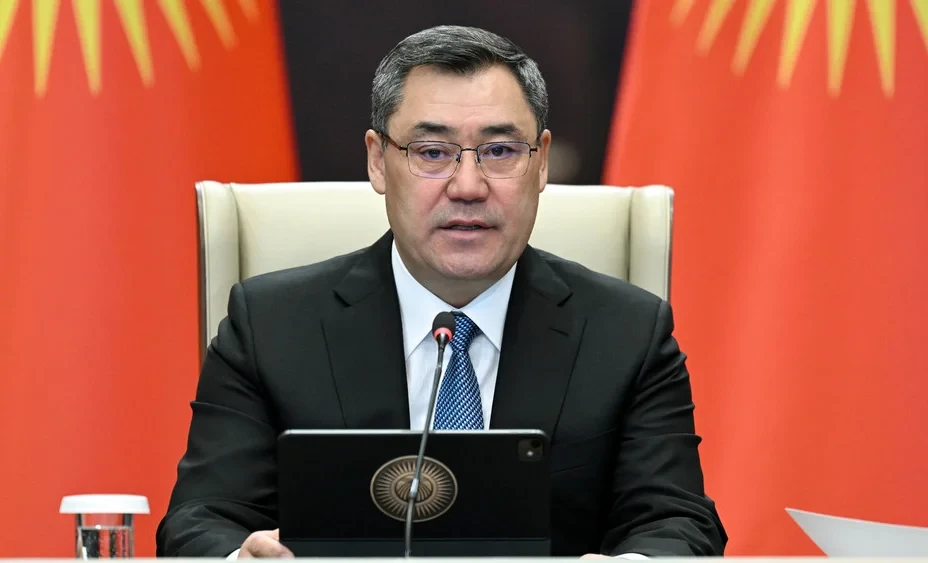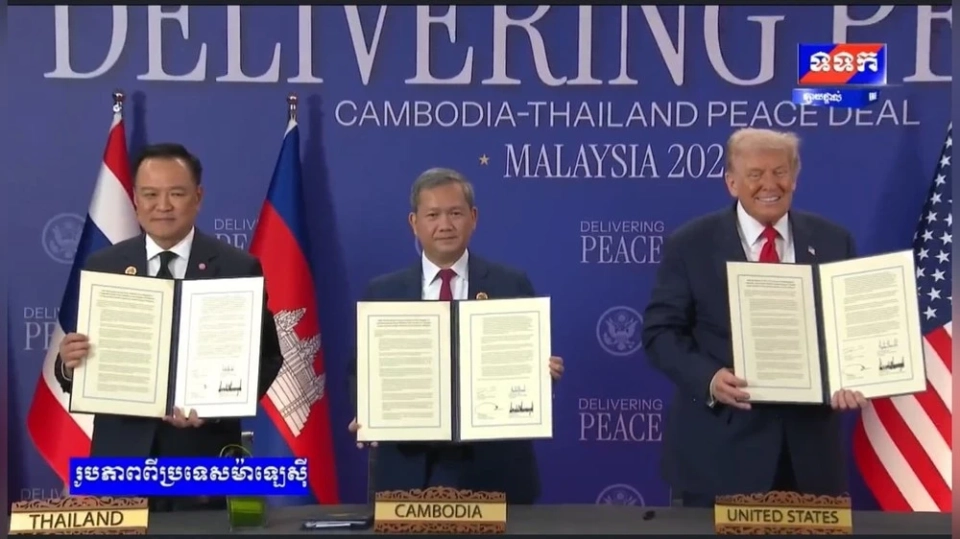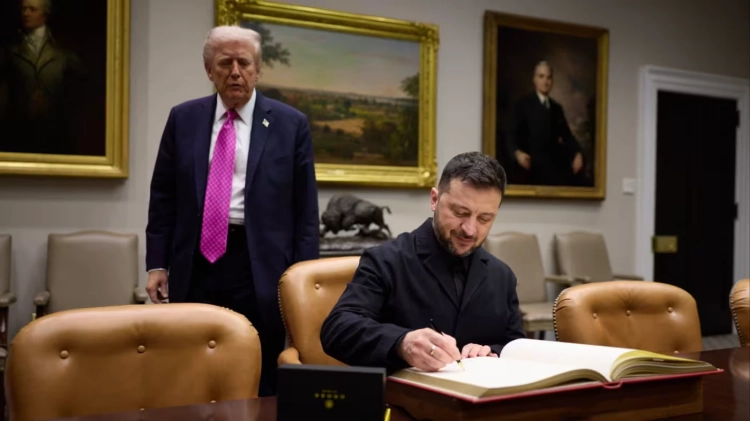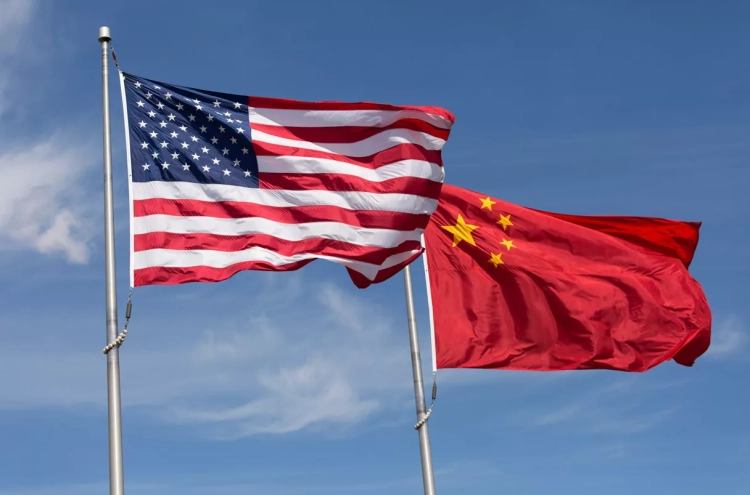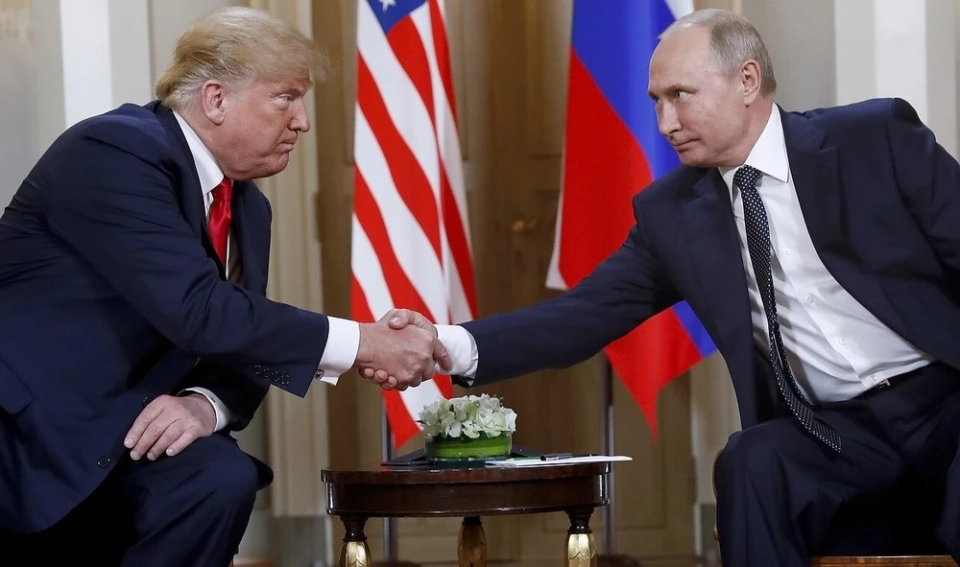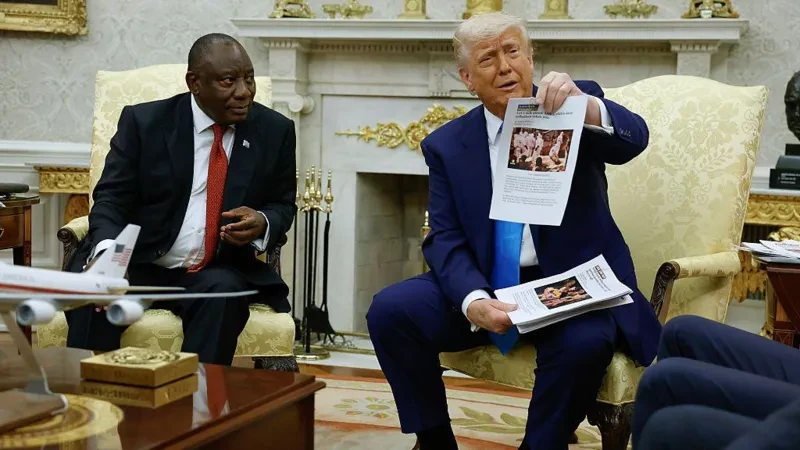
According to BBC information, the Donald Trump administration intends to significantly reduce the number of refugees that the U.S. is willing to accept. Next year, this number will be just 7,500 people, with priority given to white citizens of the Republic of South Africa.
This decision, announced on Thursday, represents a sharp reduction compared to the previous limit of 125,000 set by Joe Biden and will lead to a record low level of refugee admissions.
Although specific reasons for this reduction were not stated, the notification indicated that it is "justified by humanitarian considerations or serves national interests."
In January, Trump signed an order suspending the U.S. Refugee Admissions Program (USRAP), emphasizing that this would allow a focus on national security and public safety issues.
The minimum cap for refugee admissions was set by Trump’s first administration in 2020 at 15,000 for the fiscal year 2021.
According to a notice on the Federal Register website, 7,500 slots will primarily be allocated for Afrikaners from South Africa and "other victims of unlawful or unfair discrimination in their homeland."
In February, Trump also announced the suspension of significant aid to South Africa and offered Afrikaners, who are descendants of the first Dutch and French settlers, the opportunity to seek asylum in the U.S.
Following this, the South African ambassador to Washington, Ebrahim Rasool, was expelled from the country, accusing Trump of "mobilizing supremacy" and manipulating the concept of "white victimhood."
In May, Trump met with South African President Cyril Ramaphosa in the Oval Office and stated that white farmers in the country are facing killings and persecution.
During the meeting, the White House showed a video that allegedly depicted burial sites of murdered farmers. However, it later turned out that these were clips from protests in 2020, where crosses symbolized victims of violence against farmers over several years.
This tense meeting took place just days after the U.S. granted asylum to 60 Afrikaners.
The South African government denies claims of persecution against Afrikaners and other white South Africans.
On the day of his inauguration, January 20, Trump stated that the U.S. would temporarily suspend USRAP, citing a lack of capacity to accept a large number of migrants without threatening American resources and security.
The existing U.S. policy aimed at accepting white South Africans has faced criticism from human rights organizations, which accuse the government of unfair treatment of other refugee groups.
Some experts argue that such a policy effectively closes the door on other persecuted individuals, including those who assisted American troops in Afghanistan and the Middle East.
"This decision does not just lower the refugee admission cap," said Krish O'Mara Vignarajah, president of Global Refuge. "It undermines our moral authority."
"In the midst of crises in countries like Afghanistan, Venezuela, Sudan, and others, focusing on one group undermines the goals of the program and trust in it," she added.
The International Refugee Organization also expressed dissatisfaction, calling this decision "a mockery of refugee protection and American values."
"Let's be honest: despite the challenges faced by Afrikaners, this group has no grounds for refugee status, as they are not fleeing systematic persecution," stated Refugees International.
So far, the South African government has not commented on the latest criticism.
During the meeting in the Oval Office, Ramaphosa expressed hope that Trump and his officials would listen to the views of South Africans, adding that, in his opinion, "in [Trump's] mind, there are doubts and distrust on this issue."
Earlier this year, Ramaphosa signed a controversial law allowing for the expropriation of private land without compensation in certain cases.
Although official data on racial crimes in the country is lacking, reports published earlier this year showed that in South Africa, 7,000 people were killed between October and December 2024, of which 12 died as a result of farm attacks, only one of whom was a farmer. The others were killed in attacks on farming territories.
